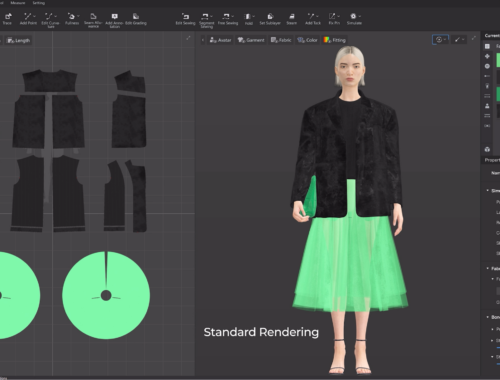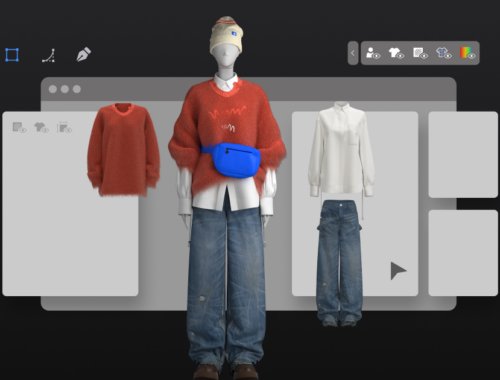Researchers say fake news had 'substantial impact' on 2016 election
A team of researchers at Ohio State University conclude in a new study that “fake news” stories had a significant impact on voters in the 2016 presidential election that may have impacted the final result.
The study, first reported by The Washington Post on Tuesday, sought to measure the degree to which false news stories dissuaded voters who cast ballots for President Obama in 2012 from voting for Democratic presidential nominee Hillary ClintonHillary Diane Rodham ClintonWhite House accuses Biden of pushing ‘conspiracy theories’ with Trump election claim Biden courts younger voters — who have been a weakness Trayvon Martin’s mother Sybrina Fulton qualifies to run for county commissioner in Florida MORE in 2016.
ADVERTISEMENT
While the researchers emphasized that they could not definitively say that fake news “caused” Obama voters to defect from Clinton in 2016, they nevertheless concluded that these stories had a “substantial impact” on voters that may have been sufficient enough to swing the election to Donald TrumpDonald John TrumpSenate advances public lands bill in late-night vote Warren, Democrats urge Trump to back down from veto threat over changing Confederate-named bases Esper orders ‘After Action Review’ of National Guard’s role in protests MORE.
“Our analysis leads us to the conclusion that fake news most likely did have a substantial impact on the voting decisions of a strategically important set of voters—those who voted for Barack ObamaBarack Hussein ObamaHarris grapples with defund the police movement amid veep talk Five ways America would take a hard left under Joe Biden Valerie Jarrett: ‘Democracy depends upon having law enforcement’ MORE in 2012,” the researchers wrote.
“Indeed, given the very narrow margins of victory by Donald Trump in key battleground states, this impact may have been sufficient to deprive Hillary Clinton of a victory in the Electoral College.”
As part of a broader campaign to influence the 2016 election, Russia used social media trolls and state-run outlets to peddle fake news stories. Special counsel Robert MuellerRobert (Bob) MuellerCNN’s Toobin warns McCabe is in ‘perilous condition’ with emboldened Trump CNN anchor rips Trump over Stone while evoking Clinton-Lynch tarmac meeting The Hill’s 12:30 Report: New Hampshire fallout MORE has indicted 13 Russians over the stories, alleging an elaborate plot to use social media to spread divisive political and cultural content.
The extent to which Russia’s activity influenced the outcome of the election has been a source of fierce debate. The U.S. intelligence community made no such judgment in its unclassified report on Russia’s influence operation.
Trump and members of his administration have insisted that Russia’s efforts did not have any impact on the outcome of the election. Meanwhile, Clinton has blamed Russia, in part, for her loss.
In order to quantify the impact of fake news on the election, Ohio State University researchers Richard Gunther, Paul A. Beck and Erik C. Nisbet conducted a YouGov survey in late 2016 and early 2017 of 585 voters who supported Obama in 2012 out of a total sample of 1,600.
Ten percent of these voters cast ballots for Trump, 4 percent supported minor parties and 8 percent declined to vote; the researchers sought out to determine what accounted for the defections from Clinton.
Specifically, they asked the voters 281 questions that included fake news statements, two of which were negative statements about Clinton and one positive about Trump, and all of which were propagated by traditional and social media. The researchers, for instance, asked voters if they believed the statement, “Hillary Clinton is in very poor health due to a serious illness.”
The researchers found a significant correlation between belief in the fake news statements and vote choice. Specifically, a much larger percentage of those Obama voters who did not believe any of the fake news statements voted for Hillary Clinton in 2016 (89 percent) than those who believed one of the statements (61 percent) and those who believed two or three of them (17 percent).
The study also took into account other factors that could have dissuaded Obama voters from casting ballots for Clinton, including age, race, political identification and gender.
Click Here: Bape Kid 1st Camo Ape Head rompers
Using what is called “multivariate regression analysis,” they found that belief in the fake news statements still accounted for a significant portion of the defections when other factors were considered, including the extent to which voters disliked Clinton or liked Trump.
“Former Obama voters who believed one or more of these fake news stories were 3.9 times more likely to defect from the Democratic ticket in 2016 than those who did not believe any of the false claims, after taking into account all of these other factors,” the researchers wrote.
Still, the study emphasized that one cannot conclude from the survey that fake news caused Obama voters to defect from Clinton in 2016. It notes that it is possible a voter first decided not to vote for Clinton, and then in turn cited false stories in order to rationalize their vote.
“We cannot prove that belief in fake news ‘caused’ these former Obama voters to defect from the Democratic candidate in 2016,” the researchers wrote.
“But if these estimates are even remotely accurate as measures of the impact of belief in fake news on defections from the Democratic candidate, it is highly likely that this pernicious pollution of our political discourse was sufficient to influence the outcome of what was a very close election.”
The researchers said making a judgment about whether the fake stories determined the outcome of the election would have required a larger survey sample.
The researchers said the study has not been published in an academic journal yet, but likely will be in the coming months.
You May Also Like

トレーラーハウスで叶える自由な暮らし
March 17, 2025
AI in Fashion: How Artificial Intelligence is Redefining Design, Production, and Shopping Experiences
February 28, 2025